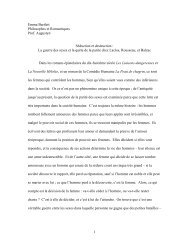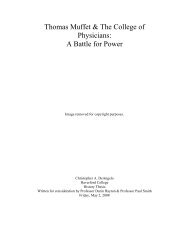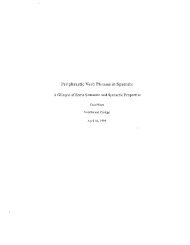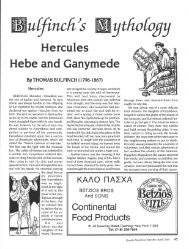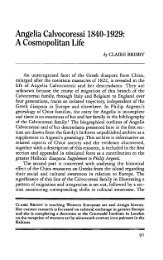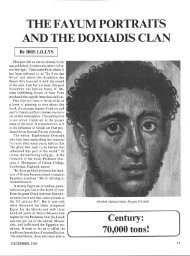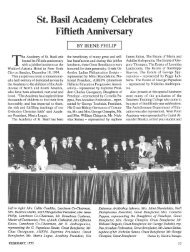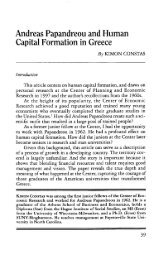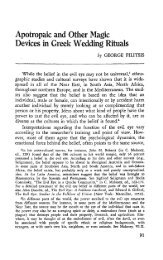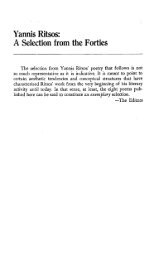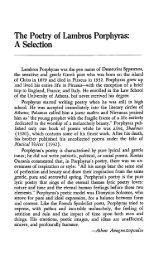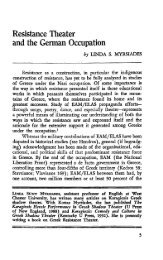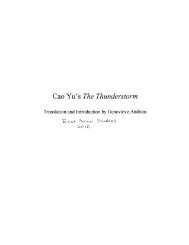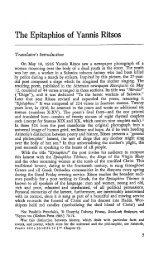Translating Neruda: Femininity and Sensuality ... - Triceratops Home
Translating Neruda: Femininity and Sensuality ... - Triceratops Home
Translating Neruda: Femininity and Sensuality ... - Triceratops Home
Create successful ePaper yourself
Turn your PDF publications into a flip-book with our unique Google optimized e-Paper software.
Mueller 6<br />
when reading the text in Spanish. For example, when Nathaniel Tarn translates “novia<br />
mía” as “betrothed” in his version of “Oda a la tormenta,” he distances the speaker of the<br />
poem from the contemporary language of the 1970s when the translation was published.<br />
Venuti argues that archaism can be foreignizing, when used as one of “a variety of<br />
linguistic resources [deployed] in order to make…translations visible as translations <strong>and</strong><br />
thus to maintain the foreignness of the source text,” but George Steiner makes an<br />
argument for domestication that fits better with the examples seen in translations of<br />
<strong>Neruda</strong> (Roberts 265). He writes,<br />
The translator labours secure a natural habitat for the alien presence which he has<br />
imported into his own tongue <strong>and</strong> cultural setting. By archaizing his style he<br />
produces a déjà-vu. The foreign text is felt to be not so much an import from<br />
abroad (suspect by definition) as it is an element out of one’s native past (Steiner<br />
365).<br />
For Steiner, archaism domesticates the foreign text by “exchanging an obtrusive<br />
geographical-linguistic distance for a much subtler, internalized distance in time,” a<br />
strategy that makes sense when trying to style a communist poet who cares deeply about<br />
achieving controversial social change in a way that would appeal to an American<br />
audience in the sixties <strong>and</strong> seventies.<br />
Several translators also domesticate <strong>Neruda</strong>’s poetry through their use of<br />
bowdlerization, that is, by effacing the presence of the erotic. These translators alter the<br />
poem, apparently according to their personal sense of propriety, leaving out or altering<br />
key words or phrases in a way that diminishes the sexual implication of both individual<br />
passages <strong>and</strong> of whole poems. These changes may have to do with the translator’s<br />
underst<strong>and</strong>ing of what his readership <strong>and</strong> the contemporary social values will find<br />
acceptable, <strong>and</strong> as such is a form of domestication. Through their use of expurgation,



